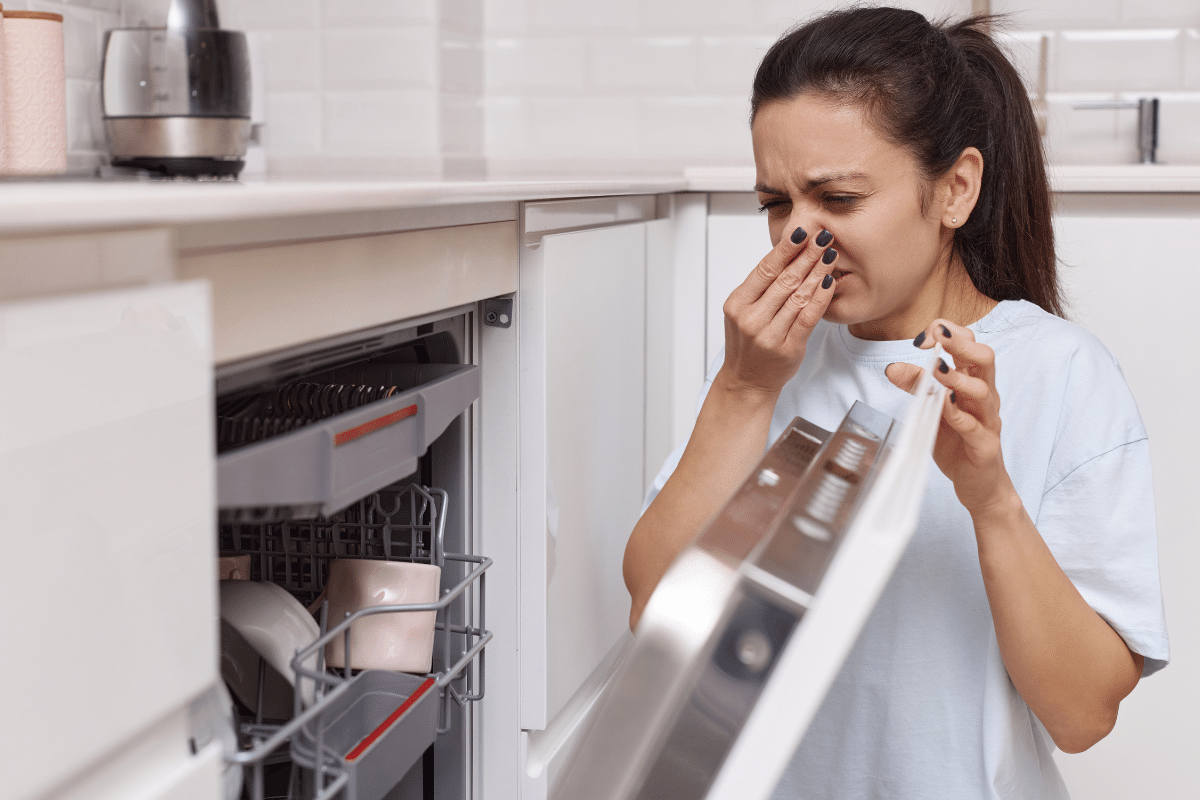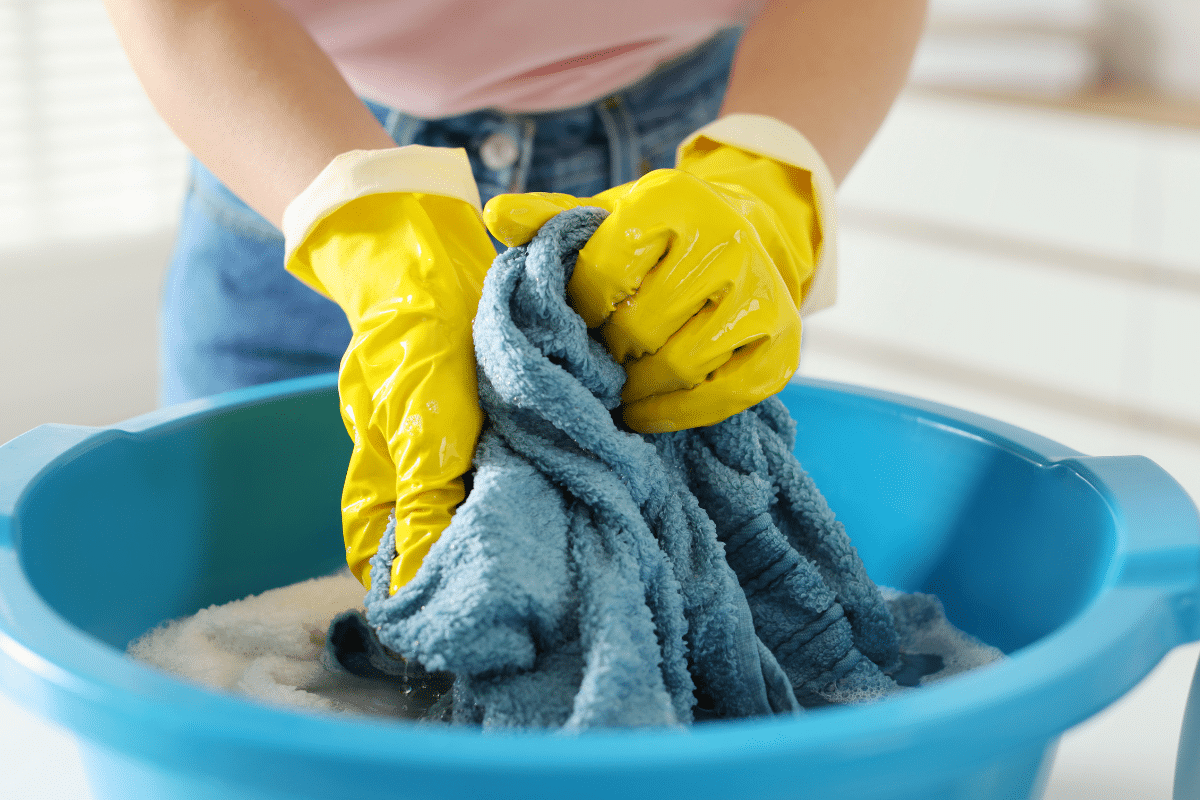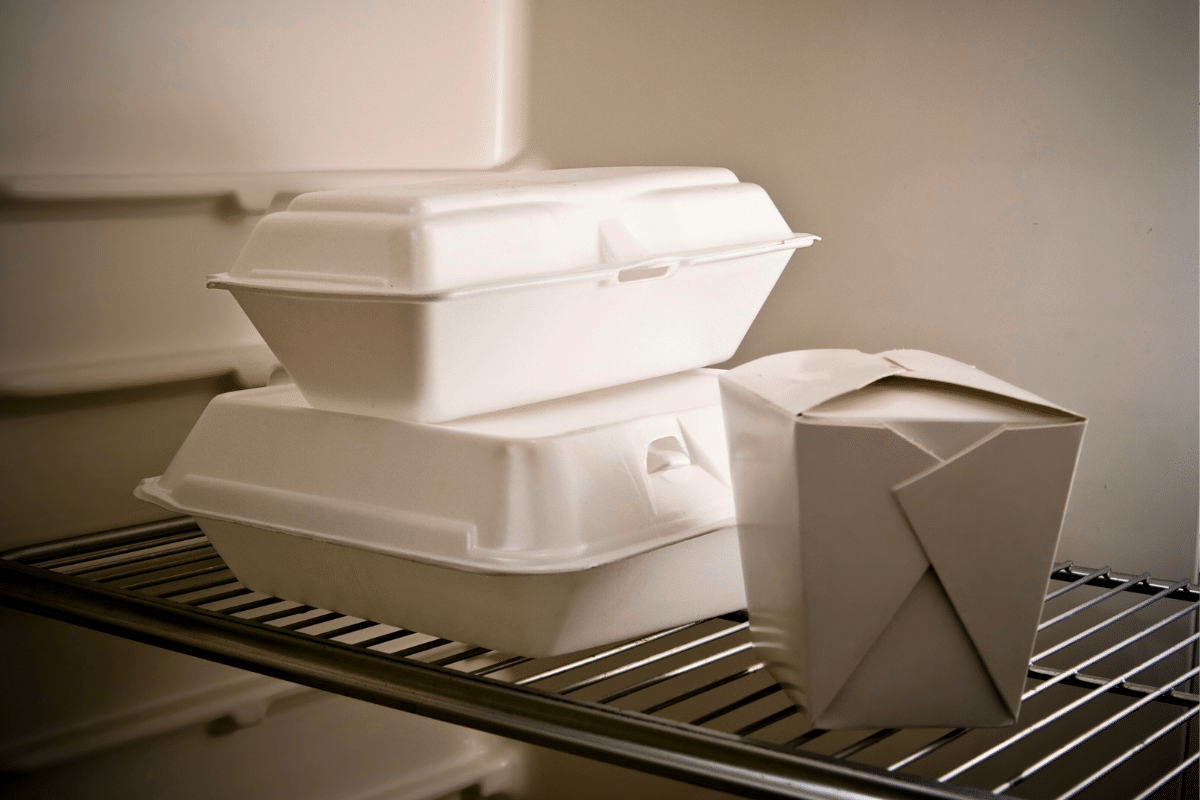Few things are more frustrating than opening your dishwasher after a cycle only to be met with an unpleasant odor. A dishwasher is supposed to leave your dishes clean and fresh, not fill your kitchen with strange smells. If you’ve been asking yourself, “Why does my dishwasher smell like fish, sewage, or wet dog?” you’re not alone. These are some of the most common appliance odor complaints homeowners experience.
Dishwasher odors can come from a variety of sources, some minor, others mechanical. In this article, you’ll learn what certain smells could indicate, what you can safely check at home, and when to call a professional for help.
Why Does My Dishwasher Smell: Common Causes and What You Can Do
A dishwasher’s warm, damp interior creates a perfect environment for food residue, soap buildup, and bacteria. Over time, this combination can cause musty, sour, or even chemical odors. Some smells are linked to drainage problems, while others stem from water quality or aging components.
Here are the most common causes of dishwasher smells, from easiest to most complex.
1. Clogged or Dirty Filter
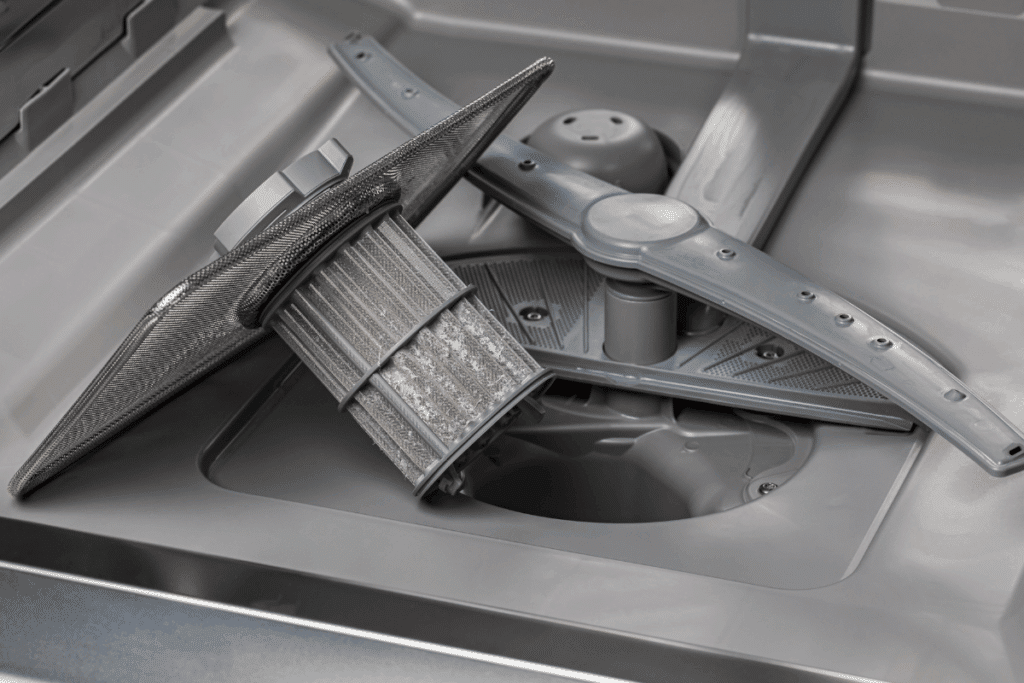
If you’ve been wondering, “Why does my dishwasher smell like garbage, wet dog, or fish?” the filter is a likely culprit. The filter traps food particles and grease so they don’t redeposit during the wash. When it clogs, those trapped particles decay and release strong odors that worsen with each cycle. If your filter is accessible, check it for buildup or residue. Some models allow you to remove the filter by twisting it off. If it’s not easy to reach or appears damaged, it’s safer to have a professional handle the cleaning.
For a deeper look at this issue, read our blog on How to Clean a Dishwasher Filter. It explains how filter buildup leads to odors and when professional cleaning may be needed. If smells persist even after cleaning, debris may be lodged in the circulation system, a repair that requires a technician.
Signs of a dirty filter include:
- Foul, sour, or “fishy” smell immediately after a wash
- Visible food debris or slime in the filter area
- Water that looks cloudy at the bottom of the tub
2. Standing Water or Poor Drainage
If you’re asking yourself why my dishwasher smells, poor drainage could be the problem. Standing water at the bottom of the tub can quickly start to stink as bacteria multiply. Hydrogen sulfide gas from decaying waste can create a sulfur-like rotten egg smell.
Common causes include:
- A partially blocked drain hose or air gap
- A backed-up garbage disposal connection
- A malfunctioning drain pump
If you notice pooling water or slow draining, stop using the appliance until it’s checked. Running additional cycles may make the odor worse. Our blog about Dishwasher Not Draining offers insight into these problems. A technician can determine whether the smell comes from stagnant water, a blocked hose, or pump failure and restore proper drainage.
3. Mold, Mildew, and Biofilm Growth
If your dishwasher smells like mold, mildew, or wet dog, bacteria and fungi may be growing inside. Moisture trapped around rubber gaskets, door seals, or hidden corners can harbor biofilm—a thin, slimy layer of microorganisms that causes musty smells.
To help prevent mold and mildew:
- Wipe the rubber door gasket weekly with a damp cloth
- Leave the door slightly open after cycles to allow airflow
- Run a dishwasher cleaner or deodorizer monthly
If you’ve been wondering why does my dishwasher smell like fish or mold even after cleaning, there may be growth behind the interior panels or seals. Technicians can clean those areas safely and inspect for leaks that allow moisture to linger.
If you detect a mildew odor shortly after each wash, it could be due to trapped humidity or a blocked vent. Both conditions can prevent proper drying and should be evaluated by a professional.
4. Residue from Detergent, Food, or Hard Water Buildup
If your dishwasher smells like chemicals or has a sharp detergent scent after running, it might be due to residue or mineral buildup. Hard water deposits can trap soap film and food particles, causing an unpleasant, chemical-like smell. You may also notice cloudy dishes, chalky residue, or dull finishes.
Priority Appliance’s Dishwasher Leaving Water Spots explains how mineral buildup affects cleaning and smell. Using a dishwasher cleaner can help, but if the odor or buildup persists, a technician should inspect for deposits on the heating element or spray arms that need professional descaling.
Common warning signs include:
- White or chalky film inside the tub
- Dishes coming out with streaks or haze
- A “burnt plastic” or “chemical” odor after drying cycles
If you’ve been asking yourself why does my dishwasher smell like chemicals or burning plastic, discontinue use until it’s checked. Chemical odors can also occur if the detergent interacts with very hot water or if soap residue burns onto the heating element.
5. Issues with the Drain Pump or Garbage Disposal Connection
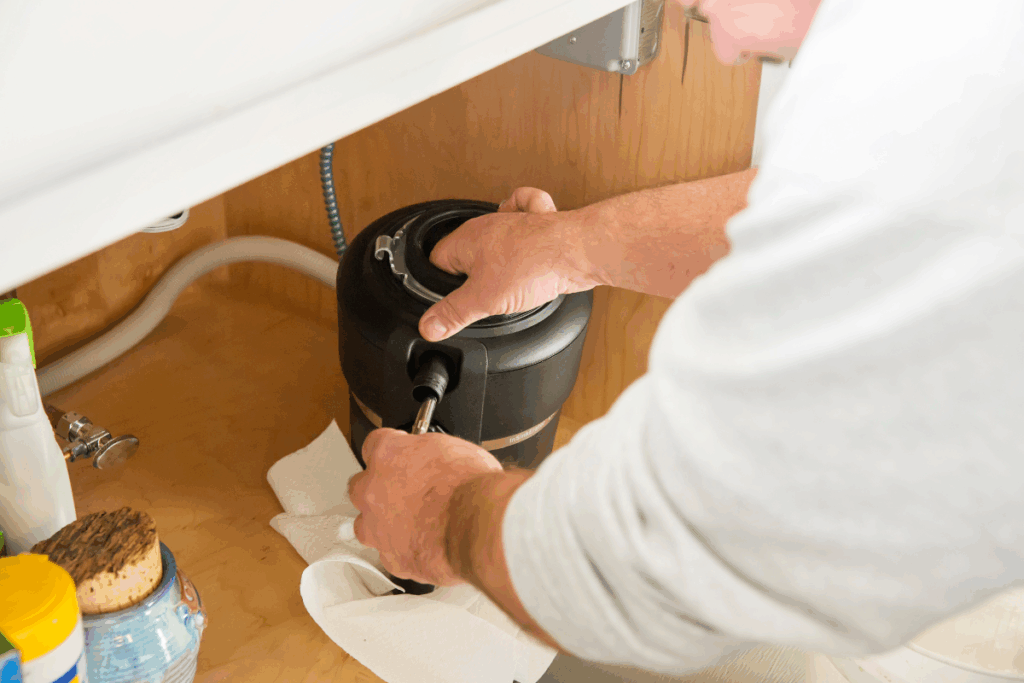
If you’ve been wondering, “Why does my dishwasher smell like sewage, rotten eggs, or garbage?” the cause might be in the drain pump or disposal connection. Food waste inside the garbage disposal can flow backward through the drain hose if there’s a blockage. A failing drain pump can also allow dirty water to sit inside the unit, producing a lingering odor.
Because this system involves plumbing and electrical parts, it’s not safe to disassemble. A professional technician can test the pump, hose, and disposal connection to find the exact source. Our Dishwasher Won’t Drain guide covers more of this problem in detail. Professional inspection ensures the odor isn’t masking a deeper drainage or motor issue.
You may notice:
- Water is sitting at the bottom of the dishwasher
- Gurgling sounds near the sink drain
- A strong, sewage-like smell when the cycle starts or finishes
6. Faulty Components (Seals, Gaskets, or Venting Problems)
If you’re wondering, “Why does my dishwasher smell like it’s burning or like melting plastic?” mechanical parts could be overheating. A faulty heating element, motor, or wire insulation can produce that smell during or after a cycle. A burning odor can signal an electrical issue that needs immediate attention, so never ignore it.
Other component issues include:
- Worn door gasket: Traps debris and moisture, creating musty smells
- Cracked drain hose or tub: Leaks water into hidden spaces, leading to mold growth
- Blocked vent: Prevents moist air from escaping, trapping odors inside
A technician can replace worn seals, inspect vents for airflow issues, and verify that no electrical components are overheating.
Preventing Dishwasher Odors Before They Start
Once you’ve solved the question of why does my dishwasher smell, simple habits can prevent the problem from returning. Keeping the interior clean helps stop odors like fish, sewage, or mildew from reappearing.
Tips to maintain a clean, odor-free dishwasher:
- Scrape off large food pieces before loading dishes
- Clean or inspect the filter regularly if your model allows
- Run hot water at the sink before starting a cycle
- Leave the door slightly open after washing to allow drying
- Use a monthly cleaning product to remove grease and minerals
- Schedule professional service if drainage issues or odors return
Regular care keeps the appliance efficient and extends its lifespan.
When you need fast, reliable service in Vancouver, and you’ve been asking yourself why does my dishwasher smell, our Dishwasher Repair Services can help diagnose and eliminate odor sources. Their experienced technicians handle everything from drainage repairs to gasket replacements, ensuring your dishwasher smells clean and runs smoothly again.


























